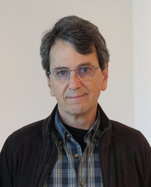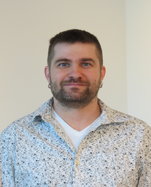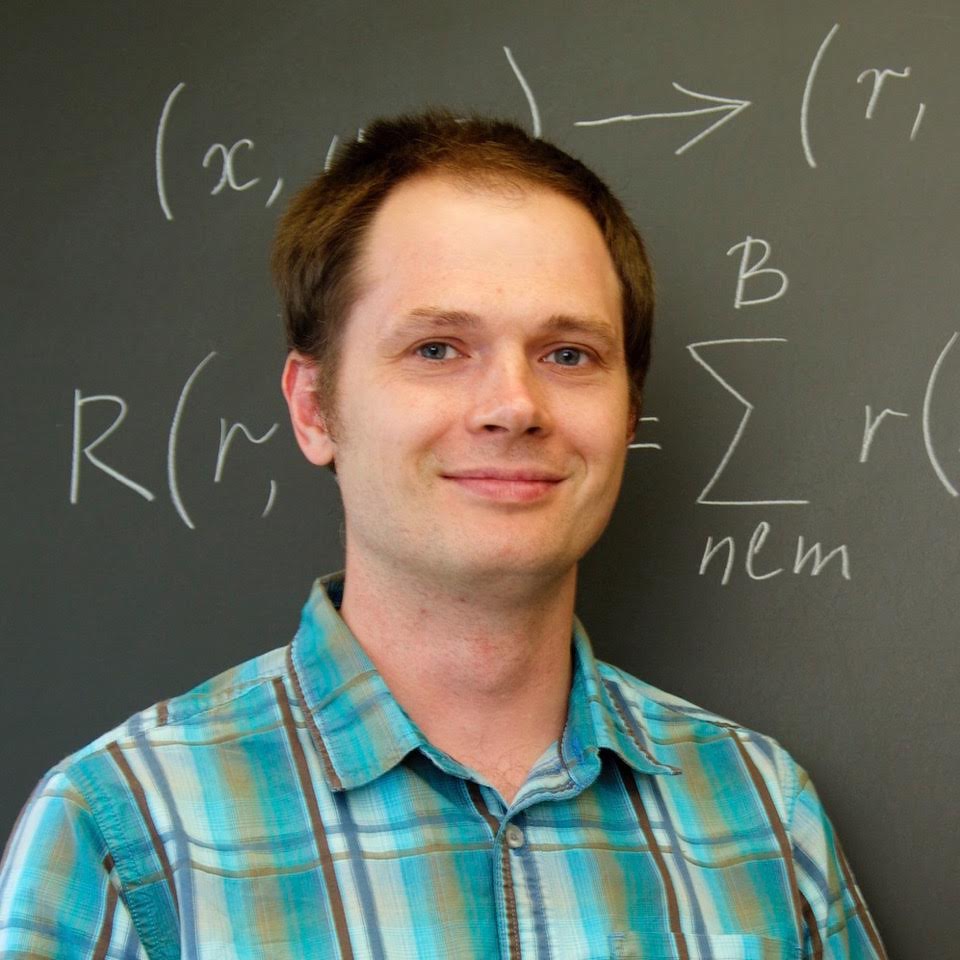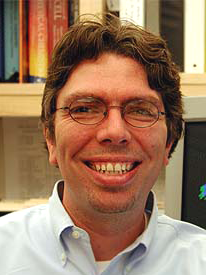Faculty
|
Evangelos Coutsias Professor, Ph.D., 1979 Evangelos Coutsias' research has focused on the modeling of nonlinear systems and continua, using techniques of applied mathematics on problems motivated from applied physics, engineering and biology. These include asymptotics and perturbation methods for the study of stability and bifurcation phenomena in plasma physics, biology and fluid mechanics; high accuracy numerical spectral methods for solving PDEs arising in continuum mechanics; and robust numerical methods for systems of multivariate polynomials for the solution of problems of inverse kinematics arising in molecular structure studies. His present work is on the development of computational methods for the study of protein structure, especially on the kinematic geometry of protein backbones subject to constraints. Current interests focus on the refinement of protein structure and the development of computational geometric methods for the efficient exploration of macromolecular shapespaces with application to protein design and drug discovery. Office: Math Tower 1-119 |
|
Associate Professor, Ph.D., 2000, MIT, Computational biology; protein interactions and networks David Green's research is focused on computational studies of protein interactions.
Key areas include: Understanding the determinants of specificity in protein interactions
through biomolecular simulation; development and application of algorithms for the
design of binding interfaces; and development of tools for the study of protein-carbohydrate
interactions, with a focus on the glycobiology of HIV-1 infection. His research combines
techniques from applied mathematics and models from biophysical chemistry to solve
problems in biology and medicine. |
|
Professor, Ph.D., 2006 |
|
Professor, Ph.D., 2001 Rob Rizzo works in Computational Structural Biology. His research group seeks to understand
the atomic basis for molecular recognition for specific biological systems involved
in human disease such as HIV/AIDS, cancer, and influenza with the ultimate goal of
developing new and improved drugs. Computational methods are used to model how molecules
interact at the atomic level with a given drug target. The resultant 3D structural
and energetic information is used to quantify and rationalize drug-binding for known
systems and to make new predictions. Office: Math Tower 1-111
|




